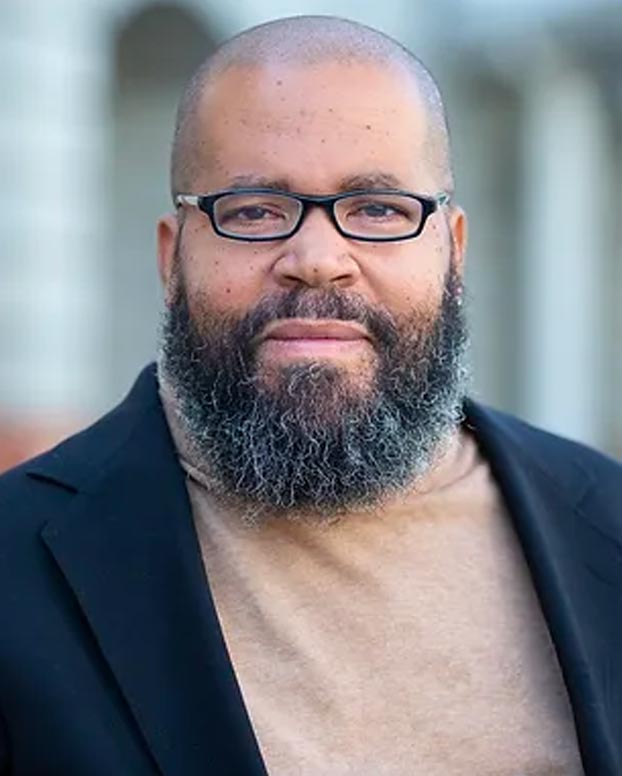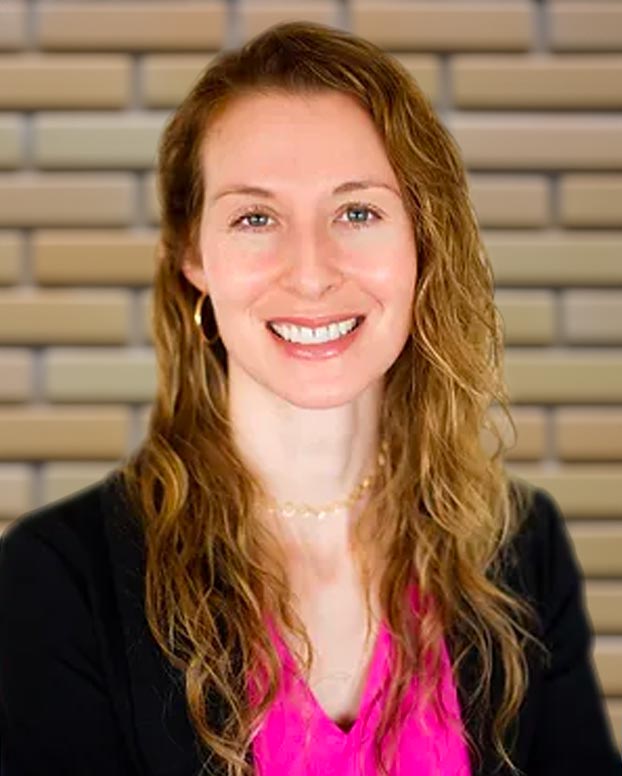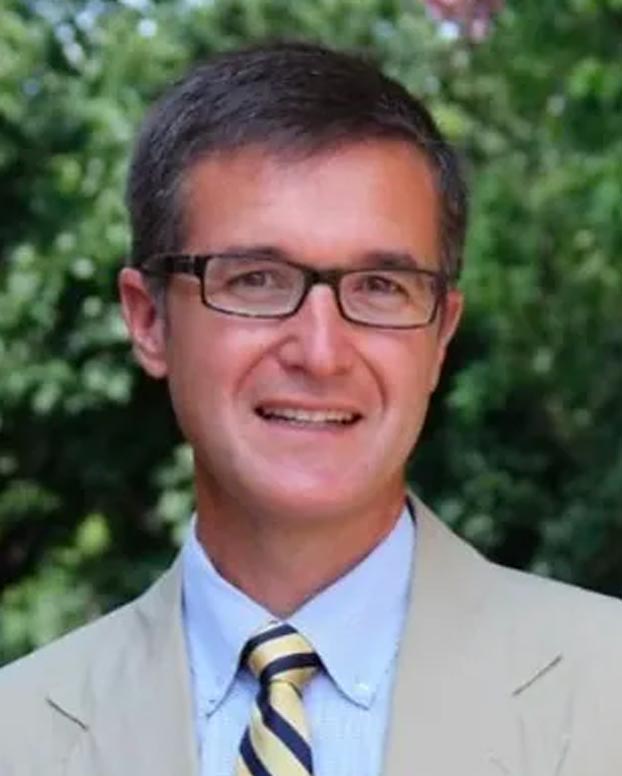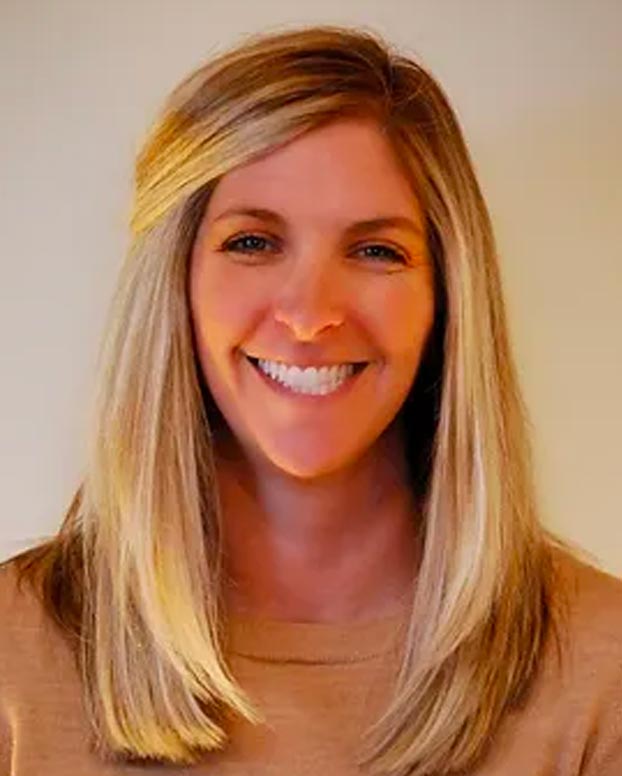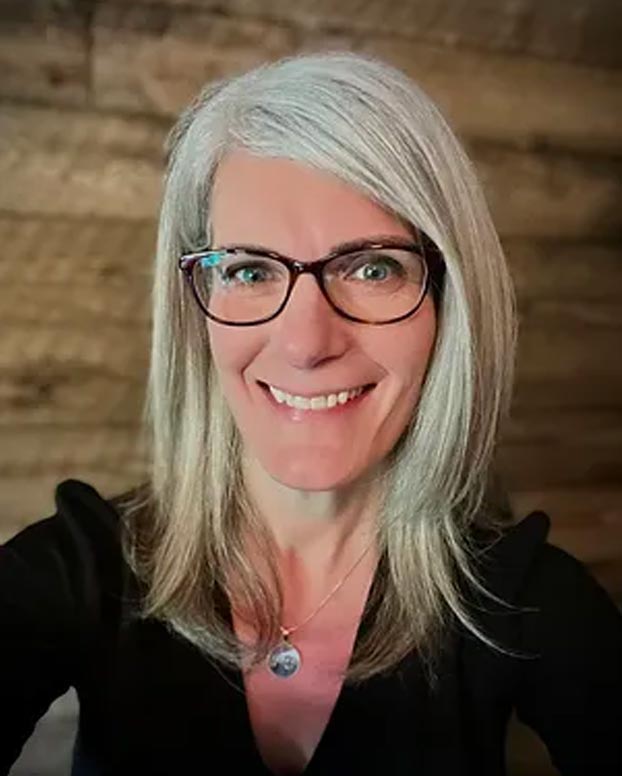Community Transitions: Supporting Individuals Transitioning from Institutional Care to Community Living
June 27, 2024

Upon release from treatment in behavioral health settings or following incarceration, individuals often face significant barriers to reintegration due to a lack of essential support and services. Community Transitions, a program of RMHS, supports these individuals by providing personalized care and connecting them to vital resources to ensure a smooth transition into community living.
When people are released from in-patient behavioral health settings, substance use treatment settings, mental health hospitals and the criminal justice system, they are often met with a lack of adequate support, services, and care. In some cases, this means they’re released with no home to return to, no phone, no identification card, no money, and no one to reach out to for resources. All too often individuals released from treatment settings or the criminal justice system face an uphill battle to transition back into society as their basic, immediate needs such as access to food, housing, medication, transportation, and employment become hurdles in the path to long-term recovery and stability.
This means that individuals who are ready to return to society following mental health treatment, substance abuse treatment, or incarceration all too often end up back where they started as the transition from these settings to community living is too challenging.
Here in Colorado, the Community Transitions program, a program of Rocky Mountain Human Services (RMHS), is changing that.
What is the Community Transitions Program?
Community Transitions supports the transition of children and adults from various behavioral health, substance use treatment settings, and the criminal justice system back to living in the communities of their choice. The care team of Community Transitions does this by assessing the needs and goals of individuals and families, collaborating with individuals to build a system of support best suited to their needs, and helping to identify community resources that best support a successful transition into community living. The care that the Clinical Care Mangers of Community Transitions provides is tailored to meet each individual’s unique needs following their release from a facility to maximize their likelihood of remaining in the communities of their choice.
Individuals are also supported by Peer Support Specialists who can provide support rooted in their own personal experience and recovery.
Each person supported through Community Transitions has both a Clinical Care Manager and a Peer Support Specialist whose respective expertise and personal experience create a person-centered treatment process and network of support. This unified team approach kicks in on the very first day with the client when the team meets with the client in an in-person meet and greet designed to build rapport and understanding of the client’s needs.
Community Transitions utilizes a whole health assessment that not only ensures a deep understanding of the client’s health needs but aims to create a care plan based on the client’s short-term and long-term goals and unique needs.
The Associate Director of Community Transitions, Lindsey Lambert, shared, “Our team assesses each client’s whole health needs, which can include their behavioral health, physical health, access to community resources, nutrition, financial and legal needs, as examples. We want to create person-centered and strength-based care plans, so it is important to know what the client’s vision of success is. We work in collaboration with the client or parent/guardian to create a plan that supports them in all of the areas of their life.”
Community Transitions’ evolution to support more people across Colorado.
Community Transitions has several unique programs that serve a variety of people across the state of Colorado. It’s grown immensely since joining RMHS in 2018 when it only had 18 staff and one program. Now, the number of people Community Transitions can support in Colorado has ballooned as it employs 83 staff in six distinct programs.
“Community Transitions began many years ago, and only supported adults who needed assistance transitioning from one of the state hospitals. Over the years we have been grateful to be able to add on youth, and other behavioral health settings including acute hospitals, emergency departments and withdrawal management,” Lambert explained. “Since this program has been managed by RMHS, we’ve has an amazing opportunity to serve even more Coloradans who are in need of transitional support.”
The 83 staff work across Colorado to ensure people from around the state being discharged from various institutions have the supports they need to reintegrate.
Overcoming initial hurdles through tailored support.
Part of the challenge in transitioning from these settings back into community living arises from the fact that while there are programs and services that support people following their release, there’s often not a centralized place to find them. Short-term needs such as transportation, internet access, and a cell phone are often the most immediate needs that must be met prior to following through on longer-term services and supports such as outpatient treatment, enrollment in food stamps, and housing.
Taylor Miller, a former Clinical Care Manager, and current Clinical Community Liaison with Community Transitions, posed the following rhetorical question, “Where can you go normally when you need your internet bill paid? Or when you need a bike to get to work?”
Lambert put it this way: “If you think about Maslow’s hierarchy of needs in a client, they’re not going to go to their therapy appointment if they don’t have food. So, we can buy them groceries while their food stamp application is pending.”
Community Transitions ensures that the gap between being discharged from institutional care to reintegrating into society is covered so long-term needs can be established and met.
Stories of transformation and new beginnings.
One client that Community Transitions supported, a woman named Lena with multiple mental health diagnoses had many immediate needs that required urgent attention once she got connected with her clinical care manager and peer support specialist. When they first met, Lena was living out of her inoperable vehicle.
Her care team jumped into action to create goals to take care of her mental and physical health, fix her vehicle, find stable housing, and eventually find employment to become financially independent.
Many of Community Transition clients move into assisted living facilities where they receive great care but may not feel deeply fulfilled. As boredom sometimes creeps in, Community Transitions can also fulfill requests designed to make life fun, engaging, and worth living. They’ve funded the cost of things such as video game consoles, art supplies, and rock climbing or other fitness memberships so that people in these care facilities get their spark for life back.
“Our department really pushes strength-based and client-first language,” Lambert explained. “We train all our staff in motivational interviewing so they can really meet the client where they are. [We ask] ‘Where do you want to go?’ This is important because it really needs to be the client’s plan for it to work.”
The Impact of Community Transitions
In 2023, Community Transitions served 1,057 people and is on track to serve 1,300 in 2024. Since Community Transitions’ inception, it has supported thousands of people who have and will continue to have a much stronger likelihood of not only improving their own lives, but becoming productive members of society who can give back and use their own personal experience with substance use, mental health challenges, or a criminal background to support others going through similar experiences.
A major priority of Community Transitions right now is ensuring its presence in both the Western Slope and Frontier counties in Colorado is increasingly well-known and utilized. Currently, most referrals come from the Denver Metro or El Paso region.
“We have Clinical Care Managers and peer support specialists across the state. We can come to you in person no matter where you are. Everything can be tailored to the individual client, and we are very creative in meeting people’s needs,” Miller shared, emphasizing the statewide nature of the work of Community Transitions.
The Road Ahead for Community Transitions
Lambert and Miller both shared that they are proud of how much Community Transitions has grown, enabling its staff to serve more and more populations across the state, which allows individuals to successfully reintegrate into society. That’s more individuals who can now become fulfilled members of their communities.
As Miller succinctly put it, “we don’t care what you do or who you are– we’re going to help.”
In addition to ensuring the smooth launch of their newest program, which will offer further support to individuals placed on a mental health hold, Community Transitions is also focused on increasing referrals for one of their programs by ensuring that various providers, including crisis centers, emergency departments, and withdrawal management centers are aware of its services.
Upon reflecting on the impact of Community Transitions, Lambert shared, “I’m proud of how our Care Managers and Peer Support Specialists go above and beyond to think creatively and advocate for our clients’ needs. I’m regularly impressed with hearing about all the hard work the team is doing to collaborate with stakeholders, find unique solutions, nudge systems, and how creative they are with the wrap-around funding which helps support the clients for success.”
No one who just experienced a medical emergency or treatment for any mental health or substance use issue should exit a facility with no safety net or resources in place. Community Transitions is striving to ensure that these individuals are met with understanding, empathy, and tailored resources and supports.
Connecting with Community Transitions.
If you know someone who could use the support of Community Transitions, please refer them to the Community Transitions’ webpage on the RMHS website. There, you can find information about eligibility requirements.
To contact Community Transitions directly, call 303-636-5766 or email ctreferrals@rmhumanservices.org.
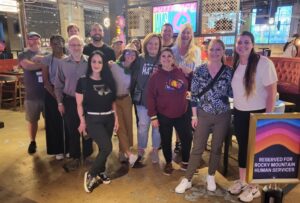
Some of the Denver Metro area staff from Community Transitions gathered last month in person to connect and enjoy time together.
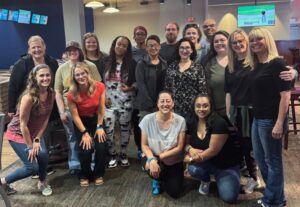
Community Transitions staff from Southern Colorado also met in person last month to connect and enjoy time together.


